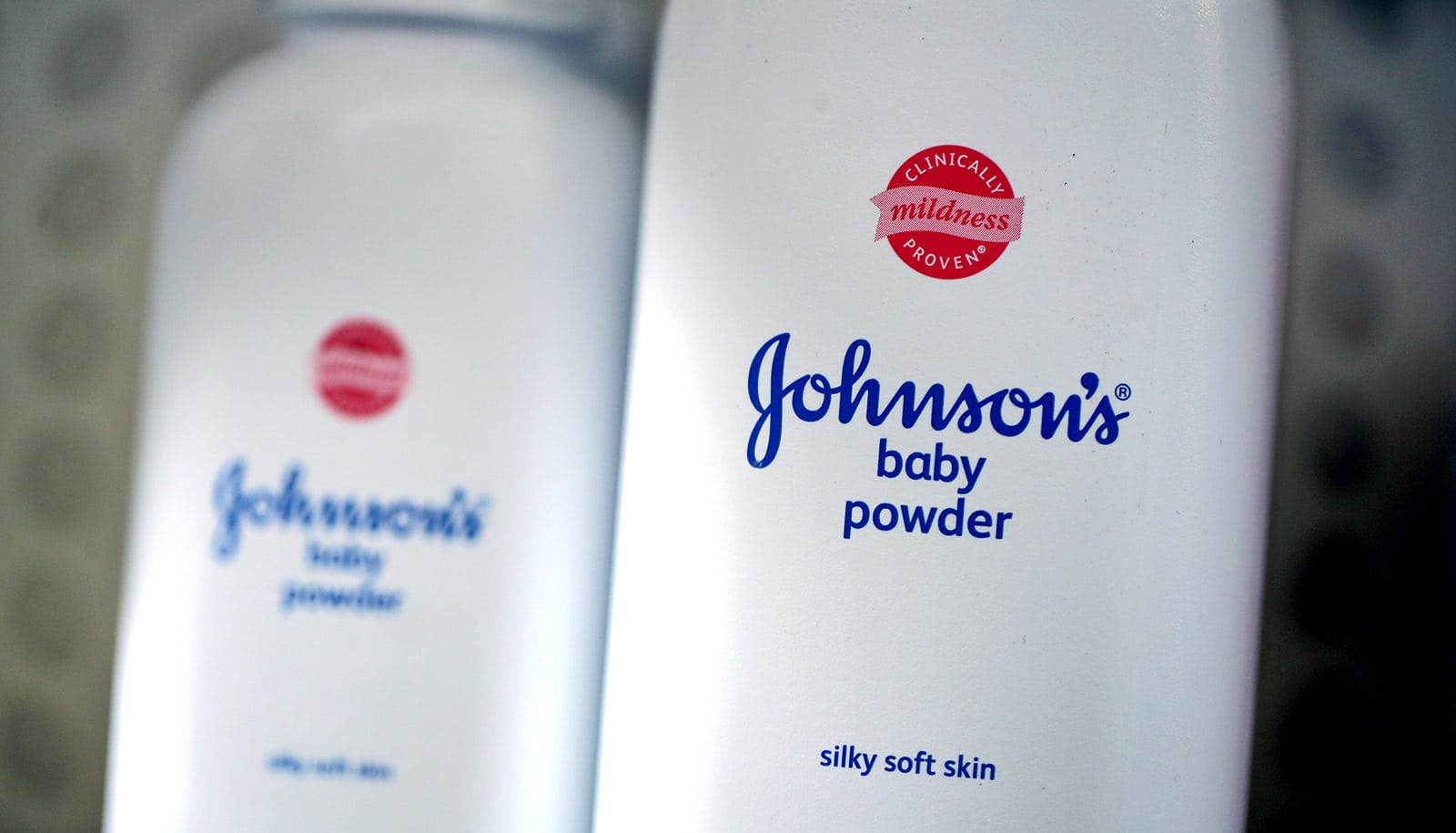Medical product companies, such as those that make pharmaceuticals and medical devices, make recall decisions quite differently when women join their board of directors, a new study finds.
In life-threatening situations when defective medical products may kill a user, companies with female directors issue recalls much more quickly. For less severe instances in which there is greater discretion in the recall decision, recalls occur more frequently for companies that have women on their boards.
Both of these findings point to a more socially conscious and responsive decision-making culture regarding product quality when women are on a company’s board of directors.
The study appears in the journal Manufacturing & Service Operations Management.
“Our study shows that there is a difference in real and important safety outcomes for consumers, between firms that have women on their boards and those who do not,” says George Ball, assistant professor of operations and decision technologies at the Indiana University Kelley School of Business.
Firms with female directors announced recalls of products with the most serious, life-threatening defects 28 days earlier than at firms where the board was all-male. This equates to a 35% reduction in time between when such firms were first made aware of a defect and when the decision was made to recall the product.
The researchers also found that companies with female directors initiated recalls of product defects that are less severe and easier to hide from regulators 120% more often. These situations often involved packaging and labeling issues. This is equal to 12 more of these type of recalls per firm.
A year ago, California became the first state to require that all public companies headquartered in the state have at least one female director. The European Commission mandates that all companies based in Europe have at least 40% female representation on their boards.
Previous research has suggested that women, compared to men, are more risk-averse, follow rules more closely, and consider how their decisions influence a wider array of stakeholders.
While the addition of just one female director changed how recall decisions were made compared to firms with an all-male board, recall decisions continue to change as each additional woman is added to the board. Severe recalls are recalled more quickly, and discretionary low-severity recalls occur more often, as each additional female director joined.
The study relied on recall data obtained via a Freedom of Information Act request and recall timing data from the Food and Drug Administration. Researchers analyzed 4,271 medical product recalls from 2002 to 2013 across 92 publicly traded medical product firms regulated by the FDA.
Coauthors of the study are from the University of Notre Dame’s Mendoza College of Business, Lehigh University, and Auburn University.
Source: Indiana University


